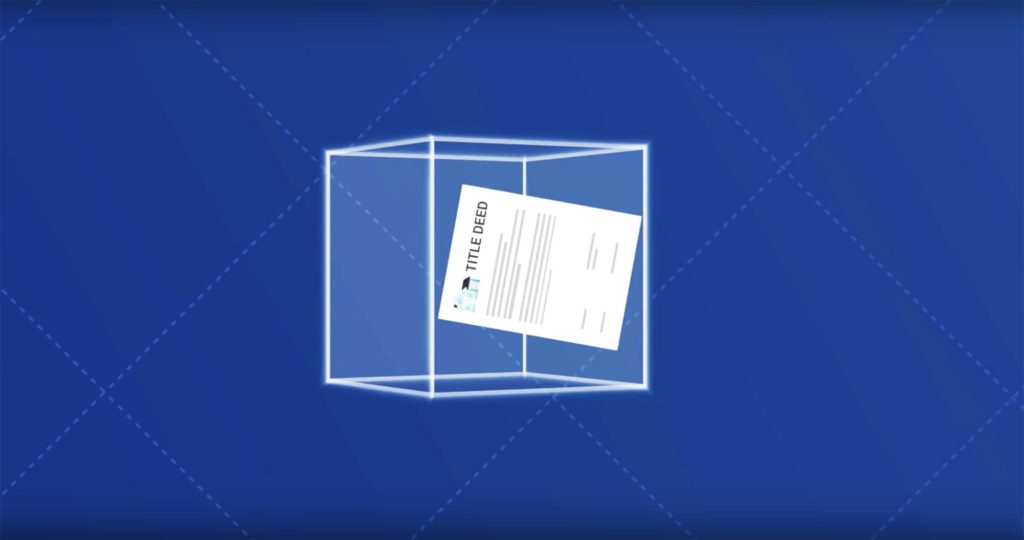
Closing on a home is cause for celebration, but it is premature to pop champagne before the paperwork is filed. Chief among the papers passed at closing is the deed, the document that specifies the property’s legal owner. It is usually the job of the escrow agent to file it, but this does not always happen. When it does not, the consequences can be severe.
No Ordinary Document
The deed provides proof of property ownership. Its requirements vary, depending on the state, but it generally lists the property’s boundaries, the former owner, and the new owner. It includes each party’s signature and language authorizing the transfer of ownership from one party to the other.
Of course, if the deed is not filed with the county, the homeowner does not legally own anything. He or she cannot sell the house, refinance, or secure an equity line. A buyer could also be forced to pay the seller’s debts if there were liens on the property. In the ultimate nightmare scenario, the new occupants could find their home sold out from under them.
Without a deed, there is no proof that ownership was ever transferred. In the eyes of the law, the former owner is still the rightful one.
Trust but Verify
In most cases, the escrow agent will responsibly file the deed at the appropriate county office. However, the agent could forget, or the clerk could misplace the deed. At the end of the day, it is up to the homebuyer to confirm that the deed was properly recorded.
The escrow agent can provide a copy of the recording page, which should show the date that the deed was recorded, along with its volume and page number in the county registry. It is also possible to view the record personally, either at the county office or online – if the latter is available.
How Blockchain Helps
Unfortunately, government records are not always available online. To confirm their deeds, most folks call their agents or make in-person trips to the registry.
Thanks to new tech, there is now a better way. Propy leverages blockchain technology to offer users a smoother, more transparent closing process that stores the deed on the chain itself in the Propy Blockchain Title Registry. Like any data stored on a blockchain, the deed is time-stamped, synchronized, and safe from alteration or theft by outsiders. For compliance with state law, the deed is also filed at the local government office.
Not only does Propy make it more convenient to confirm whether a deed was recorded, but it also future-proofs the deed. Local governments should have copies and digital backups, but accidents happen. Blockchain removes the human element and the element of surprise along with it.






